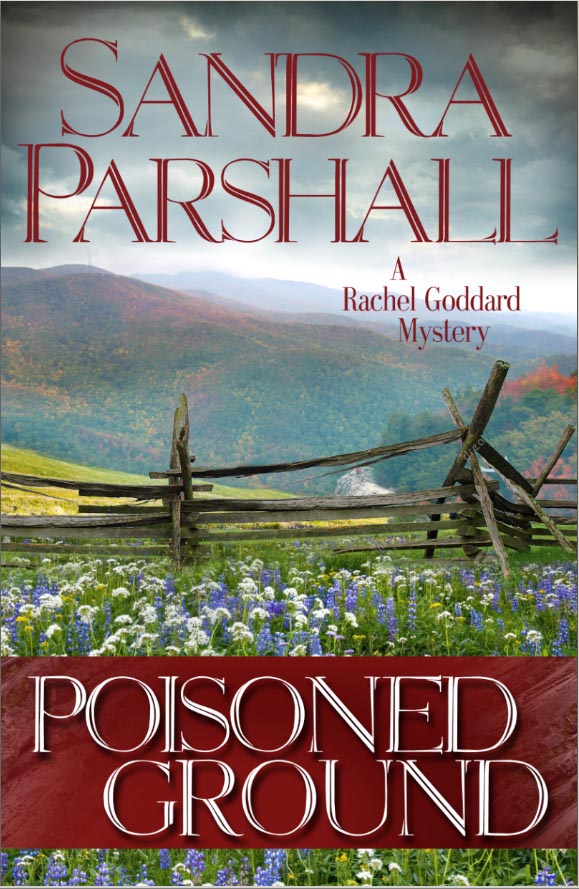By Lonnie Cruse
I recently read a mystery that drove me nuts, hence the forthcoming rant. In this mystery, a victim was killed just outside his/her own residence, shortly after another family member had also been murdered just a few days before, at another nearby location. Two murder victims from the same family in the space of a few days, both bodies found not many miles apart? Therefore it's a pretty safe bet that the two murders were connected, right? Yet in this mystery a surviving relative of both victims was allowed to continue living in that house and visitors were allowed to come and go at will, visiting and commiserating with the survivor. The house was NOT cordoned off by police during the investigation. Not any part of it. Sigh.
I realize that scenario might actually happen somewhere, though I really doubt it, based on my own research of the procedures investigators usually follow after a murder. The house would have been sealed off until said investigators had a chance to thoroughly go over everything both inside and outside of it to see if there were any clues to the identity of the murderer, and they'd remove anything considered vital to the case.
Sooo, what really jerked me out of the story and irked the daylights out of me happened when one visitor to the house--who, incidentally, was also investigating the murder as an amateur sleuth--entered the house, did a bit of snooping while the surviving family member was busy chatting with other visitors, and discovered (and I think even removed from the house) a very important piece of evidence. The amateur sleuth didn't even call the cops or turn said evidence over to them. And that annoying sound you hear is me grinding my teeth. Instead, the amateur sleuth later used said evidence to confront the murderer, all alone, of course, with no back-up anywhere to be seen, and nearly became the third victim. Which murder would certainly have been justifiable homicide, in my humble opinion. Any amatuer sleuth that dumb . . . .
My point is that the author should have done some in-depth research with some real-life law enforcement officials to see whether or not the amateur sleuth could have so easily gotten into the house to find and use that evidence without the police finding it first. Personally, I don't think it would've happened. Investigators are fairly territorial when a murder happens, meaning they don't let just anyone paw through closed drawers at a possible crime scene until after they (the investigators) have solved the crime to their satisfaction.
IF I remember correctly, the setting for this mystery was fictional, not a real, existing city, but, even if your setting is fictional, set in a town no one ever heard of or actually lived in, your characters still MUST behave in a way that would make sense in a real town, be it small or large. Otherwise your readers will not be able to suspend disbelief long enough to enjoy the story. And we'll rack up more dental bills while grinding our teeth. Please, spare us!
Subscribe to:
Post Comments (Atom)










2 comments:
Feel better now?
Yup, it's terribly hard on the teeth to read such crass impossibilities. And in the matter of the amateur sleuth's numbskullness, you know there's a term for that: TSTL.
Police investigation procedures are pretty much the same everywhere, because the laws are pretty much the same. Fictional cops have to behave professionally if you want the reader to have any respect for them.
I've read too many stories in which amateur sleuths find and hold onto evidence, then confront killers on their own. The evidence in such a case would be rendered useless to the police and prosecution.
Post a Comment